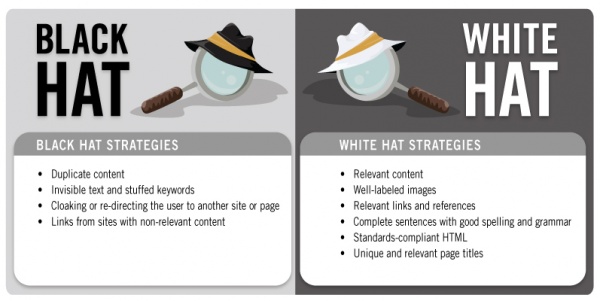Search engine optimization: Difference between revisions
Mr. MacKenty (talk | contribs) No edit summary |
Mr. MacKenty (talk | contribs) No edit summary |
||
| Line 3: | Line 3: | ||
Search engine optimization (SEO) is the process of affecting the online visibility of a website or a web page in a web search engine's unpaid results—often referred to as "natural", "organic", or "earned" results. In general, the earlier (or higher ranked on the search results page), and more frequently a website appears in the search results list, the more visitors it will receive from the search engine's users; these visitors can then be converted into customers.<ref>https://en.wikipedia.org/wiki/Search_engine_optimization</ref> | Search engine optimization (SEO) is the process of affecting the online visibility of a website or a web page in a web search engine's unpaid results—often referred to as "natural", "organic", or "earned" results. In general, the earlier (or higher ranked on the search results page), and more frequently a website appears in the search results list, the more visitors it will receive from the search engine's users; these visitors can then be converted into customers.<ref>https://en.wikipedia.org/wiki/Search_engine_optimization</ref> | ||
== How to ethically improve SEO == | |||
According to Google, these specific strategies are a good place to start SEO:<ref> | |||
* Create unique, accurate page titles | * Create unique, accurate page titles | ||
| Line 41: | Line 44: | ||
* Discuss the use of white hat and black hat search engine optimization. | * Discuss the use of white hat and black hat search engine optimization. | ||
== See Also == | |||
[[:Media:Search-engine-optimization-starter-guide.pdf]] | |||
Revision as of 11:08, 10 January 2018

Web Science[1]
Search engine optimization (SEO) is the process of affecting the online visibility of a website or a web page in a web search engine's unpaid results—often referred to as "natural", "organic", or "earned" results. In general, the earlier (or higher ranked on the search results page), and more frequently a website appears in the search results list, the more visitors it will receive from the search engine's users; these visitors can then be converted into customers.[2]
How to ethically improve SEO[edit]
According to Google, these specific strategies are a good place to start SEO:<ref>
- Create unique, accurate page titles
- Make use of the "description" meta tag
- Improve the structure of your URLs
- Make your site easier to navigate
- Offer quality content and services
- Write better anchor text
- Optimize your use of images
- Use heading tags appropriately
- Make effective use of robots.txt
- Be aware of rel="nofollow" for links
- Notify Google of mobile sites
- Guide mobile users accurately
- Promote your website in the right way
White hats and black hats[edit]
In general terms:
- when you see white hat you should think "ethical, legal, in line with terms of service"
- when you see black hat you should think "unethical, illegal, not in line with terms of service".
- when you see grey hat you should think "skirting along the boundary of white hat and black hat".
White hat search engine optimization[edit]
Black hat search engine optimization[edit]
Standards[edit]
- Discuss the use of white hat and black hat search engine optimization.
See Also[edit]
Media:Search-engine-optimization-starter-guide.pdf
